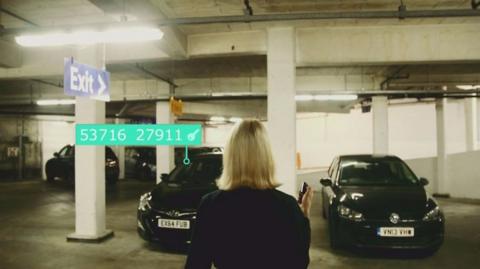Secondary Computing
KS3 Computing • Ages 11-14
News and media literacy resources
Discover what media literacy is and how to teach media literacy with these downloadable interactive secondary KS3 and KS4 resources from BBC Teach.
- AttributionKS3/GCSE • Ages 11-16
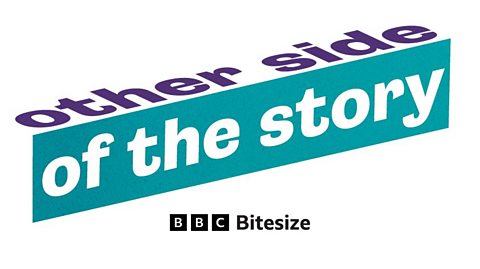
Are gaming jobs just for coders?
BBC Radio 1's Dan and Phil explore the range of career opportunities available in the gaming industry.
- AttributionKS3/GCSE • Ages 11-16
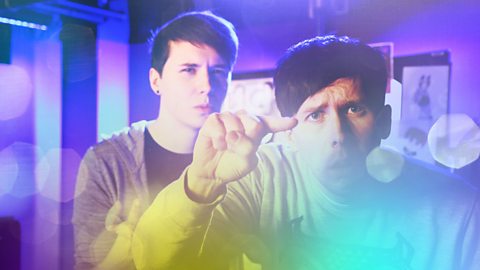
Megabits
Filmed in real life work settings, the videos look closely at what a computer consists of; how the various components work; how it processes data, and how it is used in robotics and software development.
- AttributionKS3/GCSE • Ages 11-16
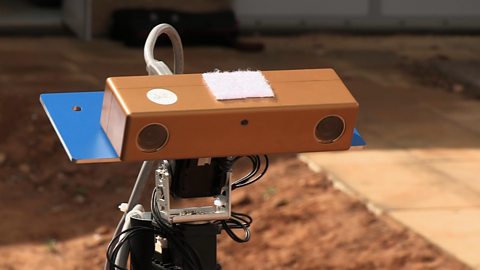
The Royal Institute Christmas Lectures 2014
Professor Danielle George reveals the amazing technology behind the gadgets we take for granted and shows how they can be hacked and adapted to do amazing things.
- AttributionKS3/GCSE • Ages 11-16
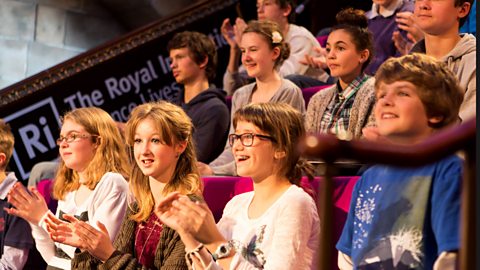
Coding: The Future is Creative
In this series of short films for secondary schools, web developer Chloe Watts meets five of the UK's most creative coders, working in music, art, gaming and fashion.
- AttributionKS3/GCSE • Ages 11-16
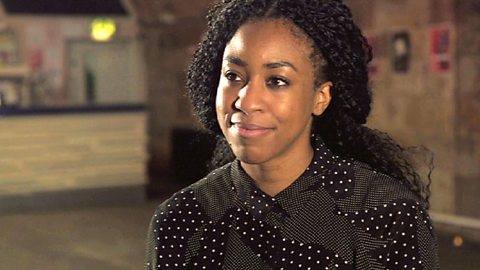
How does speech recognition software work?
Professor Sophie Scott explains how a computer decodes the sounds that we make and turns them into words. Suitable for teaching Biology at KS3 and 3rd Level.
- AttributionKS3 • Ages 11-14
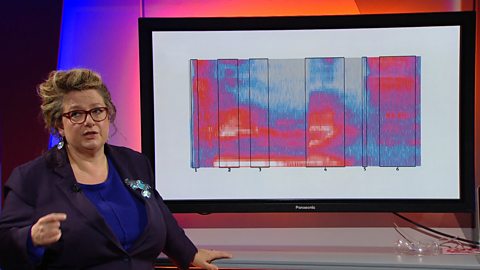
How to think like a computer
Discover the principles of computer science. Suitable for Key Stage 3 and National 4.
- AttributionKS3/GCSE • Ages 11-16
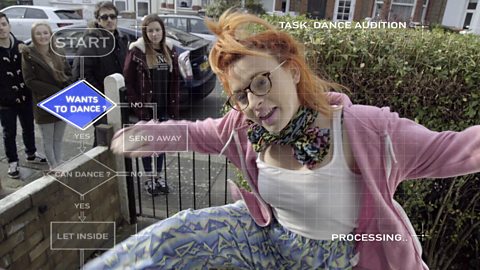
GCSE Computing • Ages 14-16
Digital Literacy
This series of short films for secondary schools uses animation and real life case studies to explore key issues around digital literacy and online safety.
- AttributionGCSE • Ages 14-16
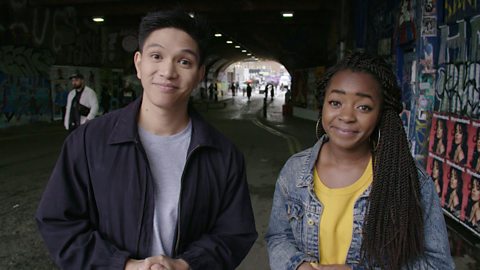
Problem solved
BBC Radio 1 presenter Dev looks at the use of technology and computational thinking in daily life and how it could be applied in the future.
- AttributionGCSE • Ages 14-16
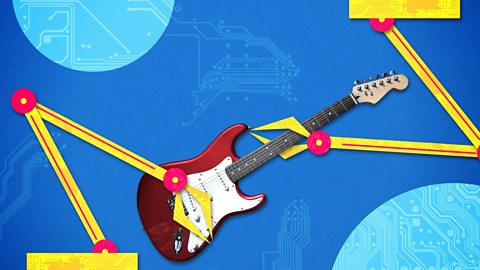
Coding: The Future is Creative
In this series of short films for secondary schools, web developer Chloe Watts meets five of the UK's most creative coders, working in music, art, gaming and fashion.
- AttributionKS3/GCSE • Ages 11-16

Online Grooming
A series of clips from the docudrama 'Murder Games: The Life and Death of Breck Bednar', telling the true story of Breck Bednar, a 14-year-old boy who was lured to his death after being groomed online.
- AttributionKS3/GCSE • Ages 11-16
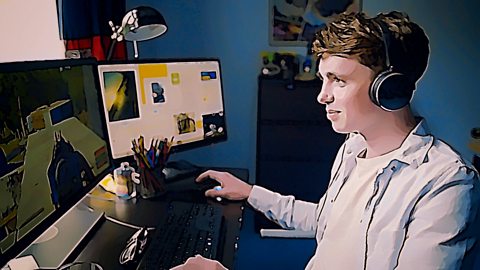
Alan Turing: Creator of modern computing
A timeline of the great achievements and extraordinary private life of British mathematician Alan Turing
- AttributionKS3/GCSE • Ages 11-16
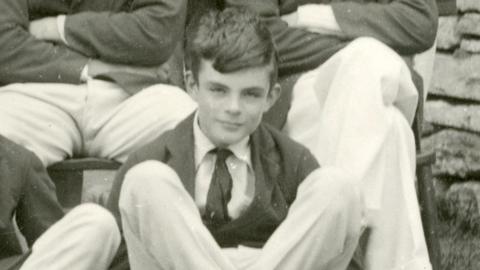
Take the test: How risky are my social media posts?
Would you say face to face what you write online? Take a simple to test discover the the legal and practical consequences of getting it wrong.
- AttributionKS3/GCSE • Ages 11-16

Is code the language that really runs the world?
Computers have changed our world beyond recognition. Lauren Laverne uncovers the language they have used to do this – computer code.
- AttributionKS3/GCSE • Ages 11-16
